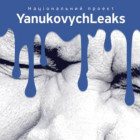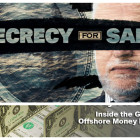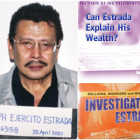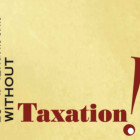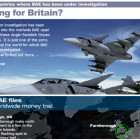
The BAE Files (UK)
Over a period of more than seven years, British journalists David Leigh and Rob Evans set out to investigate a network of global bribery by one of the world’s biggest arms companies. Over time, they were able to document the way in which BAE Systems set up secret subsidiaries in the British Virgin Islands and Switzerland, to channel bribes to politicians in the Middle East, Europe, and Africa in return for major arms contracts. They were also able to obtain documents showing British government collusion in this. The Guardian journalists worked with colleagues in Sweden, Tanzania, Romania and South Africa.
